The O’Fahey Translation Project
Translating the scholarship of Sudan historian Rex Sean O’Fahey into Arabic
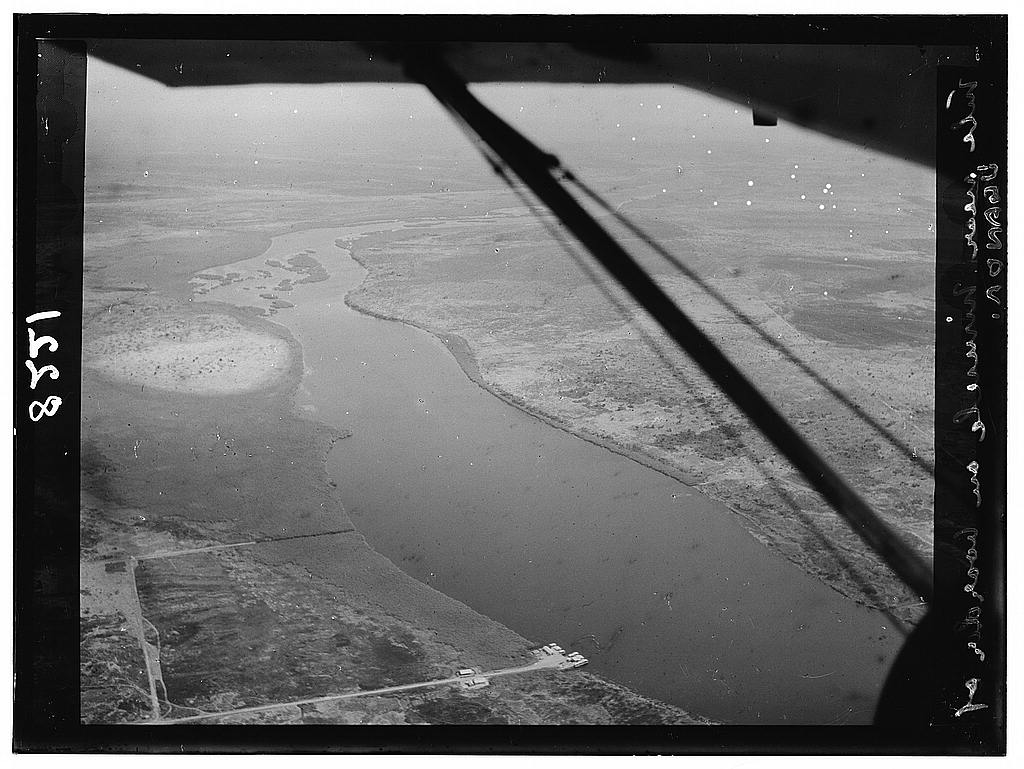
Reclaiming Sudan’s History: The O’Fahey Translation Project
In the landscape of Sudanese studies, the work of Professor Rex Seán O’Fahey (1943–2019) stands as a monumental achievement. As a preeminent historian at the University of Bergen, he dedicated his life to meticulously documenting the history of Sudan, with a profound focus on Darfur, Sufism, and the intricate relationships between state and society. His research, grounded in decades of fieldwork and the preservation of thousands of rare Arabic manuscripts and archival documents, provides an unparalleled evidence-based narrative of Sudan’s past.
Yet, a profound disconnect has persisted. While O’Fahey’s scholarship is revered globally, the very people whose history he chronicled—the Sudanese people, its young generation, scholars, students, and policymakers—have been largely denied access to it. The language barrier has rendered these foundational texts silent within the Arabic-speaking world, the primary arena where Sudan’s historical narrative is debated and understood. This gap has fostered a dangerous historical amnesia, leaving a vacuum that is easily filled with misinformation, especially in times of conflict.
The ongoing war in Sudan, which has led to the catastrophic destruction of cultural institutions, has made this mission not just important, but urgent. O’Fahey’s personal archive, now safeguarded at the University of Bergen, has become one of the last surviving repositories of Sudan’s fragile historical memory.
Authorized by his family, the O’Fahey Translation Project is a direct intellectual intervention into the cycle of violence. We recognize that sustainable peace requires more than political agreements; it demands a decolonized understanding of the past that challenges the very foundations of conflict. Our mission to systematically translate his untranslated corpus—a vast collection of over 3,000 pages—into Arabic is a foundational peacebuilding process. It revolutionizes limited interventions by equipping communities with the historical evidence to dismantle divisive myths and reimagine a collective future.
With the majority of Sudan’s population being young, this project is fundamentally not about the past, but about the future of a young nation. It is an investment in the next generation, providing them with the intellectual tools to build a different tomorrow.
This project honors a deeply held wish of Professor O’Fahey himself: to see his life’s work made accessible to the Sudanese people in their own language. It is a mission we are proud to undertake with the blessing and active support of his family. In doing so, we share his profound love for Sudan not only through his scholarly work but also through the personal reflections of his students, colleagues, and the cherished memories of his family, offering a more intimate portrait of the man behind the scholarship.
We are not just translating words; we are facilitating a process of intellectual liberation for the leaders of tomorrow. By restoring a complex, evidence-based historical narrative, we empower the Sudanese people, especially its youth, to construct a decolonized identity, one built on sovereignty over their own past. This is a critical step toward ensuring that Sudan’s history becomes a living, accessible tool for the young generation to shape a just and unified future.

Books
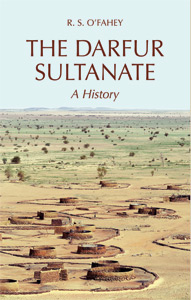
2008, Hurst Publishers
The Darfur Sultanate
Rex Seán O’Fahey’s The Darfur Sultanate stands as the definitive historical analysis of the region, distilling four decades of research into a single volume. The work provides a comprehensive narrative from the rise of the Keira sultanate through the colonial era and into the modern period. It is celebrated by scholars for its unparalleled depth of research into Darfur’s pre-colonial past, offering profound and often surprising insights that fundamentally reshape our understanding of the region’s political and social structures.
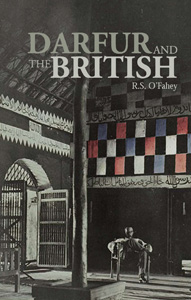
2006, Hurst Publishers
Darfur and the British: A Sourcebook
This work presents a rare collection of British colonial documents copied in al-Fashir and Kutum before the originals were lost. It documents the period of Anglo-Egyptian rule in Darfur (1916-1956), a time when the administration largely maintained the existing systems of the Darfur sultans with minimal intervention. The book serves as an essential reference for understanding traditional governance, land tenure, and tribal administration. Scholars have praised this compilation for providing crucial insights into the historical roots of the region’s contemporary challenges, highlighting how this colonial-era framework continues to influence Darfur’s present reality.
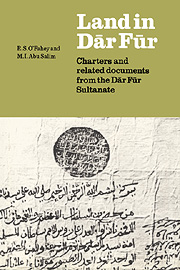
1983, Cambridge University Press, with M.I. Abu Salim
Land in Dar Fur
This pioneering study of the Darfur Sultanate’s 18th-19th century administration is based on recently discovered Arabic land charters. It presents forty-seven documents revealing sophisticated systems of land grants and rights. Scholars recognize it as essential for understanding pre-colonial Sudanese governance, providing unparalleled insight into the social and economic structures that defined the sultanate. The work remains invaluable for historians of Africa and comparative land studies.
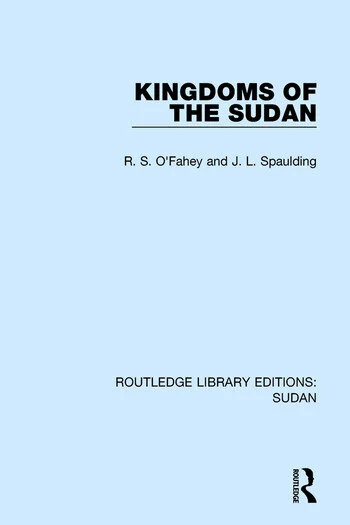
1974, Methuen & Co. Ltd, with with J.L. Spaulding,
Kingdoms of the Sudan
This pioneering study provides the first comprehensive history of Sudan’s two major pre-colonial states: the Funj kingdom of Sinnār and the Keira sultanate of Dār Fūr. Drawing on Arabic chronicles, traveler accounts, and oral traditions, the book examines their political structures, economic networks, and Islamization from the 16th to 19th centuries. It fills a crucial gap in African historiography by documenting these eastern Sudanic polities that were overshadowed by better-known West African empires. The work remains a foundational text for understanding state formation in the Nile-Sahel corridor and continues to influence modern Sudanese scholarship.
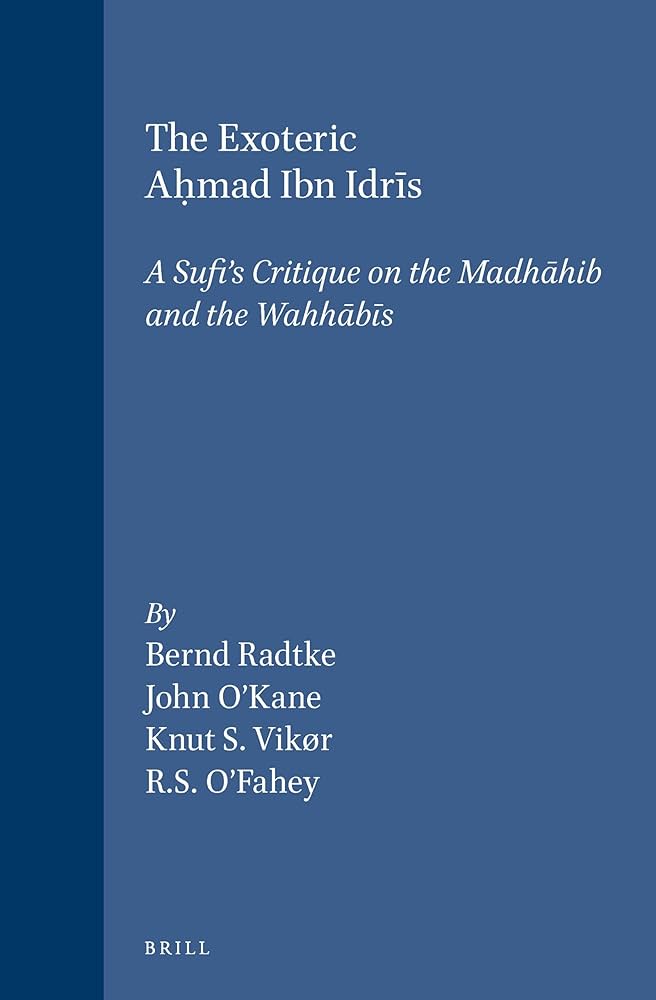
2000, E.J. Brill, with Bernd Radtke, John O’Kane & Knut S. Vikør
The Exoteric Ahmad ibn Idris
This critical edition presents Ahmad ibn Idris’s sophisticated critiques of rigid legal tradition (taqlīd) and Wahhabism. Translating this work into Arabic restores these essential texts—with their scholarly annotations—to their original linguistic community, enabling Arabophone scholars and Sufi orders to engage directly with the Idrisi intellectual legacy. This “repatriation” corrects distorted transmissions and integrates Ibn Idris’s nuanced arguments into contemporary Arabic debates on Islamic reform and ijtihād, establishing the book as an authoritative text for universities across the Muslim world.
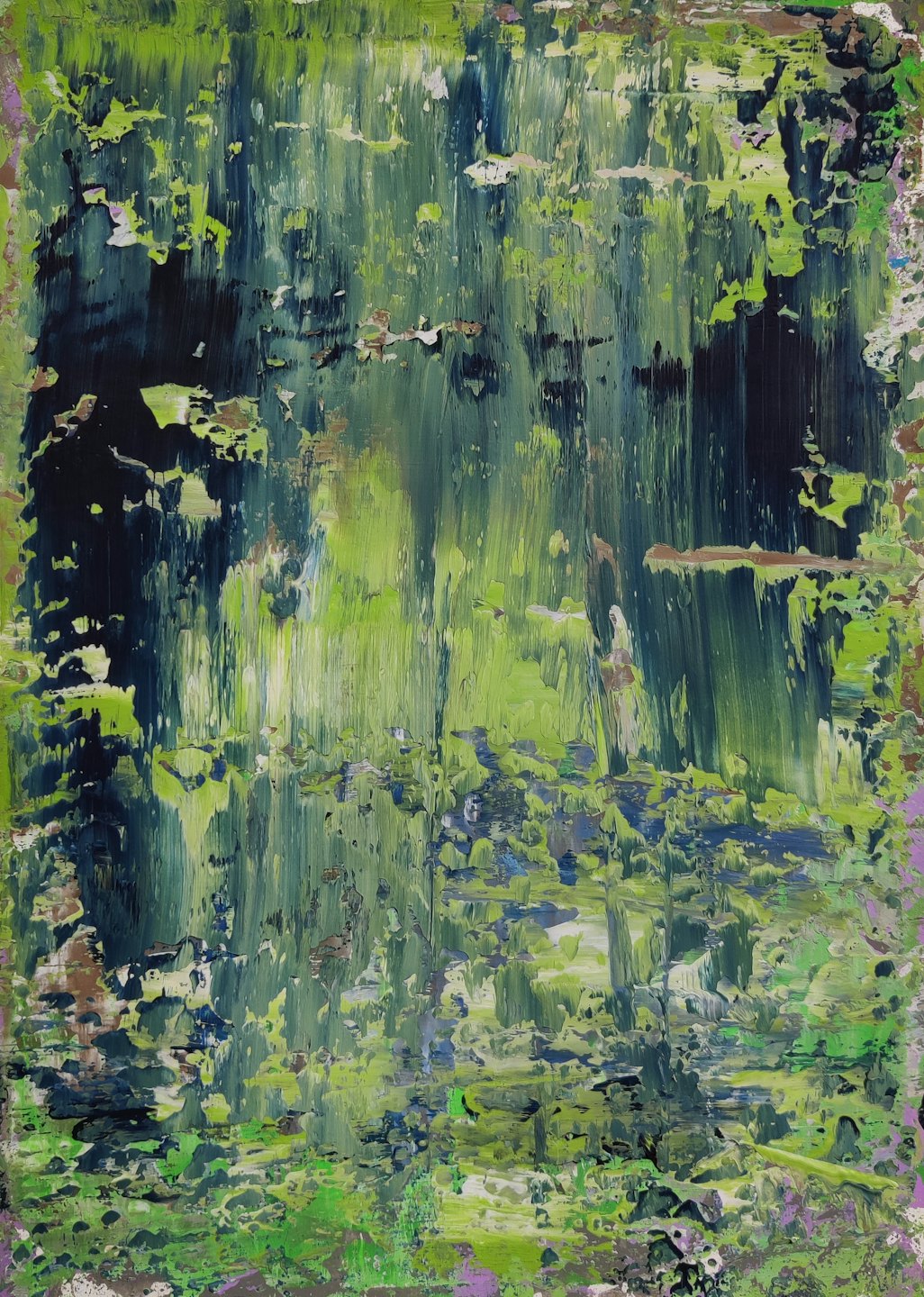
1994, E.J. Brill
The Writings of Eastern Sudanic Africa
This foundational volume of the Arabic Literature of Africa series represents the first comprehensive bio-bibliographical survey of Islamic writing from Eastern Sudanic Africa. It meticulously documents the intellectual heritage of the region through detailed entries on authors and their works in Arabic and local languages, preserving a rich scholarly tradition that was previously scattered and inaccessible. The work serves as an indispensable reference for understanding the depth and breadth of Islamic scholarship in Sudan, providing scholars and students with the essential tools to explore this vital aspect of Africa’s intellectual history.
Teams
Leadership Team

Team Member One
Project Director

Mayada Ibrahim
Project Manager
Advisory Board
Dr. Ahmed Abushouk
Qatar University
Renowned scholar of Sudanese intellectual history, Islamic movements, and the Mahdist period. He has authored and edited numerous critical works, including “The Blackwell Companion to Contemporary Islamic Thought” and “The Sudan Question: The Struggle for Independence, 1934-1955.” His extensive research and editorial experience are invaluable for verifying the nuanced historical and religious concepts within O’Fahey’s corpus.
Professor Ali B. Ali-Dinar
University of Pennsylvania
Senior Lecturer in Africana Studies specializing in the political history of Sudan and African folklore. He brings deep scholarly expertise on Darfur, with key publications analysing its conflict and governance. As a dedicated educator and former Outreach Director of the African Studies Centre, he is committed to translating academic knowledge into public understanding.
Dr. Abu Zar Al Gifari Bashir
A scholar-translator with deep expertise in Islamic and Sufi studies, evidenced by his prior translation of O’Fahey’s “The Enigmatic Saint: Ahmad Ibn Idris and the Idrisi Tradition.” His specialized background provides an essential lens for accurately interpreting the sophisticated theological, legal, and philosophical debates central to O’Fahey’s work on Sufism.
Dr. Ahmed Sikainga
Ohio University
A leading authority on Sudanese social history, with a particular focus on slavery, labour, and urban history. His seminal works, including “Slaves into Workers: Emancipation and Labor in Colonial Sudan” and “The Western Bahr al-Ghazal under British Rule, 1898-1956,” are foundational texts. His deep expertise in Sudanese archives and social structures ensures the translated works are contextualized with academic rigor and historical precision.
Translators

Adil Babikir
A distinguished translator and anthologist, celebrated for his groundbreaking work in bringing Sudanese literature to a global audience. He is the editor and translator of Modern Sudanese Poetry: An Anthology (2019), a seminal collection that was among the first of its kind in English. His unique cross-cultural perspective and sensitivity to narrative and style are invaluable for capturing the depth of O’Fahey’s historical storytelling.
Sidahmed Bilal
A master Sudanese poet, intellectual, and veteran translator. His credentials include translating Nikos Kazantzakis’s Saviors of God: Spiritual Exercises from Greek into Arabic, a testament to his mastery of complex philosophical texts. His translation of Professor Ahmed Sikainga’s Slaves into Workers (1996) provides him with direct, specialized experience in rendering complex Sudanese social history into authoritative Arabic.
Dr. Abu Zar Al Gifari Bashir
Magdi Elnaim
A seasoned translator and terminologist with direct expertise in Sudanese colonial history, evidenced by his translation of Yoshiko Kurita’s seminal work, ‘Ali ‘Abd al-Latif and the 1924 Revolution’. This background, combined with his role in developing the project’s unified style guide and glossary, guarantees both historical accuracy and terminological consistency.